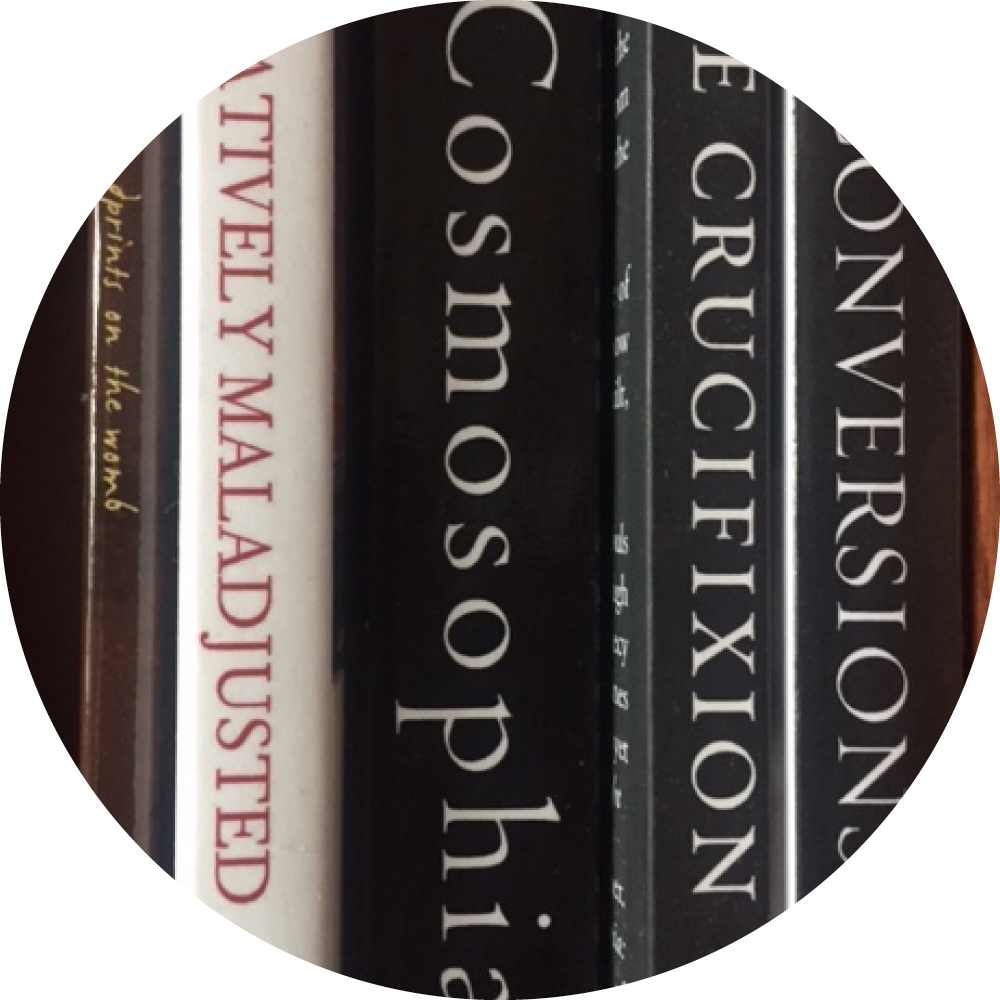A Letter to My Daughters:
Remembering the Lost Dimension
& the Texture of Life
By Theodore Richards
The Following is adapted from the book A Letter to My Daughters: Remembering the Lost Dimension & the Texture of Life, available on October 9. Click here to learn more.
To My Daughters:
Since the Enlightenment, we have fought against the darkness. We’ve turned it into something evil. The industrial revolution made ours a world in which there were no dark places. This has been extended in the Information Age in which there are no more unrecorded spaces. Everything is recorded, viewable. That which isn’t seen isn’t real, we are told. But something is lost in this Faustian bargain. Light has texture, too – if it’s all so bright, we are blinded. To see the beauty of the stars requires the darkness. Where we are raising you, in Chicago, the stars are scarcely visible. This fills me with sorrow. Indeed, in recording everything we do, in documenting our lives on social media, we have lost the dark times, the silent times, the times when we process the story in which to make it come alive. We cannot dream if we don’t close our eyes.
Always remember to dream deeply.
The journeys I took around the world were meaningful partly due to the specificity of place. Each person or place we love is cherished in their uniqueness, because we can see something in them brought forth in our relationship with them. The airplane and the mall, the quest to install ATMs in every village or to put everyone on a schedule – all these things remove the uniqueness of place, the texture of the world. This is how I love each of you – uniquely for the miracle of your existence as the singular you.
At the same time, circumnavigating the globe offered me a sense of wholeness, seamlessness, interconnectedness. Our planet is a sphere. While each perspective on it may be unique, it is also true that each perspective is equally central. Only in accessing our depth can we find the center. There is one Earth; she is unique. And you are called upon to fall in love with her.
Always remember to love deeply.
I can remember a time before we lost our depth, but more and more people cannot. In losing depth and mystery, we are losing our capacity to be child-like. Children teach us what makes us human. You are my teachers.
Pakistan/Iran, Winter 2000
In the bitter cold, I wander from the little shack into the town square. This is a border town. And like all border towns, it has its dangers. Yet this one is quiet. And dark. There are no lights. I have no way of knowing the time. Perhaps it is 4:00 in the morning, still hours before the border will open. My stomach lurches again. There is no bathroom, so I wander from the square into an open space in the desert. I shit in the desert on the ground. Diarrhea like water. I am miserable but feel a momentary relief. I wipe myself with some old tissue and pull up my pants. I find an old burlap sack and lie back onto it. From millions of miles away, the light of the stars enters my soul, lighting me. I am frozen and sick. But the stars! Diarrhea is a pathway to God.
After my encounter in Samoa with ATM-installer, I had traveled to the Far East, down through Tibet to the subcontinent, and was now heading across Pakistan into Iran. I rode on a crowded bus through the desert, into the night. Although I was wearing some approximation of the local garb and my beard was long like all the other men – there were few women – I caught a few stares. There must have been something unmistakably foreign about me. For one, I was unarmed. Many of my fellow travellers carried AK-47s. Nor did I speak the local language. But perhaps there was something more, something essential about me that gave me away. This was no tourist route, surely not for an American.
I was riding through the barren and wild lands of western Pakistan, leaving the city of Quetta, toward the border of Iran. I’d spent weeks trying to get a visa in Lahore. The men at the consulate were not unfriendly; they simply shrugged their shoulders at me each time I came, explaining in broken English that I’d have to come back in a few days. They called me – not completely without affection I’d like to think – “the American.”
Finally, it came. I’d gotten my visa, but I was told that I’d have to sign up for a “tour”. Don’t worry, they explained. As long as you buy the initial bus ticket, you won’t have to actually participate in any tour. You just need to show that you have a plan. So I did. And finally, I made my way from Lahore to Quetta, where I’d be able to find a bus to the border.
Borders, I have found, can be most unpleasant places. Combining the inherent fascism of low-level bureaucracy and military with the chaos of the various scam artists and hangers-on who seek to dupe the newly arrived, they bring with them hassles of both the official and illicit type. The traveler is the enemy of both the law and lawless.
Borders are human constructs, of course. Animal migrations and weather patterns ignore them. And so do humans, largely. So they represent a constant, dynamic tension between movement and containment, freedom and regulation.
And at the same time, the border is something we all recognize. We cross borders, real and imagined, psychic and physical, throughout our lives.
As I rode into the desert, into the night, it felt like I was approaching something like the narrow hourglass of the great Asian continent. It wasn’t something new that I’d find on the other side, but a new me.
It was an overnight bus. As sunset approached, the travelers eagerly peeked out of their windows. It was Ramadan, and everyone was eager for the sun to set so they could start eating. And smoking, as it turned out. Nearly everyone lit up when the sun set.
We passed camel caravans and only a few spare settlements. Mostly, this was a land without infrastructure. A single road through a barren landscape. As night fell, I started to feel sick.
Sickness is a part of travel, the part that one never really envisions when deciding to leave in the first place. I’d had far worse than this: altitude sickness in Tibet; malaria in Africa. But here are two particular problems that a traveler can have with diarrhea. The first is the awful feeling of bubbling and painful cramps; the second, the difficulty of finding a place to relieve oneself. A fourteen-hour bus ride is never comfortable. I’d done rides on the tops of buses in India and precarious journeys across the mountains of eastern Zimbabwe. But nothing quite compared to the overcrowded, smoke-filled bus across the desert with diarrhea.
Finally we stopped. There was nothing more than a shack at the side of the road from which tea was sold. Beyond that, there appeared to be nothing – nothing but darkness. There was no bathroom, so I wandered out into the desert to shit.
Feeling moderately better, I stumbled back to the bus, where I was greeted by the one person on the bus who stood out as much as me. He was dressed in the long robes of the Iranian cleric. He seemed far less wild than the others, more urbane.
“Do you speak English?” he asked.
“Yes.”
“Where are you from?”
I told him I was from America. He smiled.
“Come,” he said. “Come drink tea.” And the cleric, my new friend, led me to drink tea by the side of the road.
We spoke briefly about America and Iran. I told him about my travels. He told me about his business. It turned out that this cleric was a smuggler. He advised me light-heartedly about the border.
We rode on through the darkness until finally, mercifully, we reached the border. It was still dark, and there were few lights. Everyone wandered off and I was left holding my bag and my belly in the dark. “The border does not open for another two hours,” I heard someone say. It was my cleric/smuggler friend. “We have to wait”. He pulled me into a shack where a group of men sat around a small fire. He gestured to me to sit down, which I did. He said a few words to the group; they nodded and shared some tea.
I sat dumbly, not comprehending a word that was said, and sipped my tea. Soon, the little group began to disperse, and so did I. I wandered out into an open space to shit again, then lay down on some burlap sacks. I looked up and my eyes met the heavens; millions of stars exploded into my eyes and my consciousness. It was the most starfilled night I’d ever seen: Orion poised to cartwheel across the Milky Way, receding murkily into the infinite depths of space, chasing the Pleiades “Glitter[ing] like a swarm of fire-flies tangled in a silver braid.” [1]
At that moment, I remembered it was Christmas.
Being no Christian – at least no more of a Christian than anything else – I hadn’t thought much about Christmas until that moment.
Christmas, you see, was rather low-key in the tribal areas of western Pakistan.
But as I encountered those stars, I felt something deeper for Christmas than anything I’d ever heard from any pulpit. I was alone and cold and sick, in a desert landscape. I saw now what the authors of that story had perceived: the coming of the light in the darkest of times, the birth of god in the humblest of places. Only in the dark can we see the stars.
The border was stress-free as my cleric/smuggler friend had promised. He waved to me as we parted ways on the other side. Neither of us – it was unclear to me who had faced a greater risk, the American or the smuggler – had any troubles. I got on a bus heading toward the ancient city of Bam. The bus driver took my bag and scrawled something in Persian on it in marker. I never learned what it said.
Another bus. And more diarrhea. I tried not to make a scene, but the discomfort had turned to pain. After a few short moments, the bus stopped and a man in uniform boarded. I stood out differently from how I had in Baluchistan. The men here were mostly dressed in typical, plain Western clothes. Perhaps I stood out because I was trying too hard, with my long beard and Pakistani shawl. Whatever the reason, the soldier’s eyes stopped when they met mine. He approached and said something in Farsi. I stared back blankly.
“Passport?” he asked.
I handed it over. He looked at it, then me. “You are American?” he asked. I said I was and tilted my head in affirmation, the way they did in this part of the world.
At these words from the soldier, the entire bus, which had previously been filled with activity and chatter, stopped and stared. The soldier turned around with my passport and left the bus. We waited. I was too physically uncomfortable to be bothered by the stares, which were more curious than unfriendly anyway.
A young guy sitting across from me asked, “American?”
I nodded.
The soldier returned with my passport. “Welcome to Iran,” he said in a neutral tone.
The young guy who’d spoken to me offered a piece of orange.
As we rode slowly through the day and into the night, I exchanged a few words with him – he was trying to practice the little English he had. Only a few miles from Bam, the bus broke down. I’d experienced plenty of broken down buses. In India once I’d hitched a ride with a little Frenchman on my lap, one leg hanging out the side of the jeep as we rode through the dark countryside blaring our horn as cows and humans leapt out of the way. But being sick added another layer of unpleasantness to the situation. And Iran is noted for its cleanliness. I wasn’t in the bush or the desert where I could just shit on the side of the road. The cramps were worsening.
But my orange-bearing friend must have noticed. He flagged a car down and negotiated a price to take me to a hotel. When I awoke in the morning, my cramps and diarrhea were gone. I was left with only the vision of the stars in the desert sky.
[1] Lord Tennyson, “Locksley Hall”
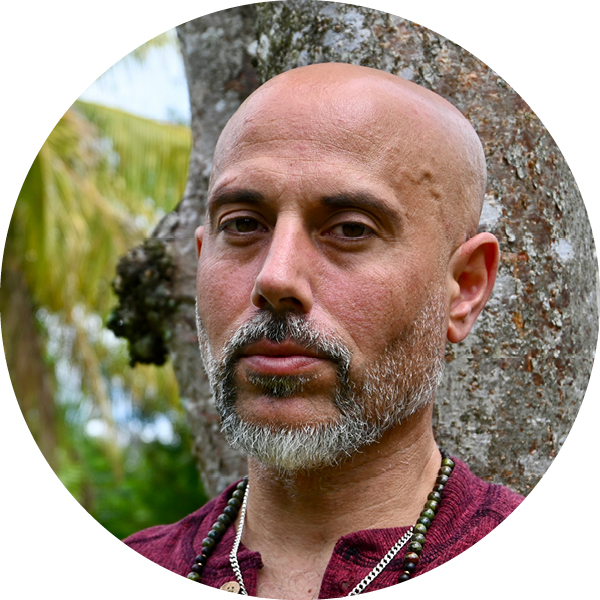
Re-sources
Re-Imagining Education
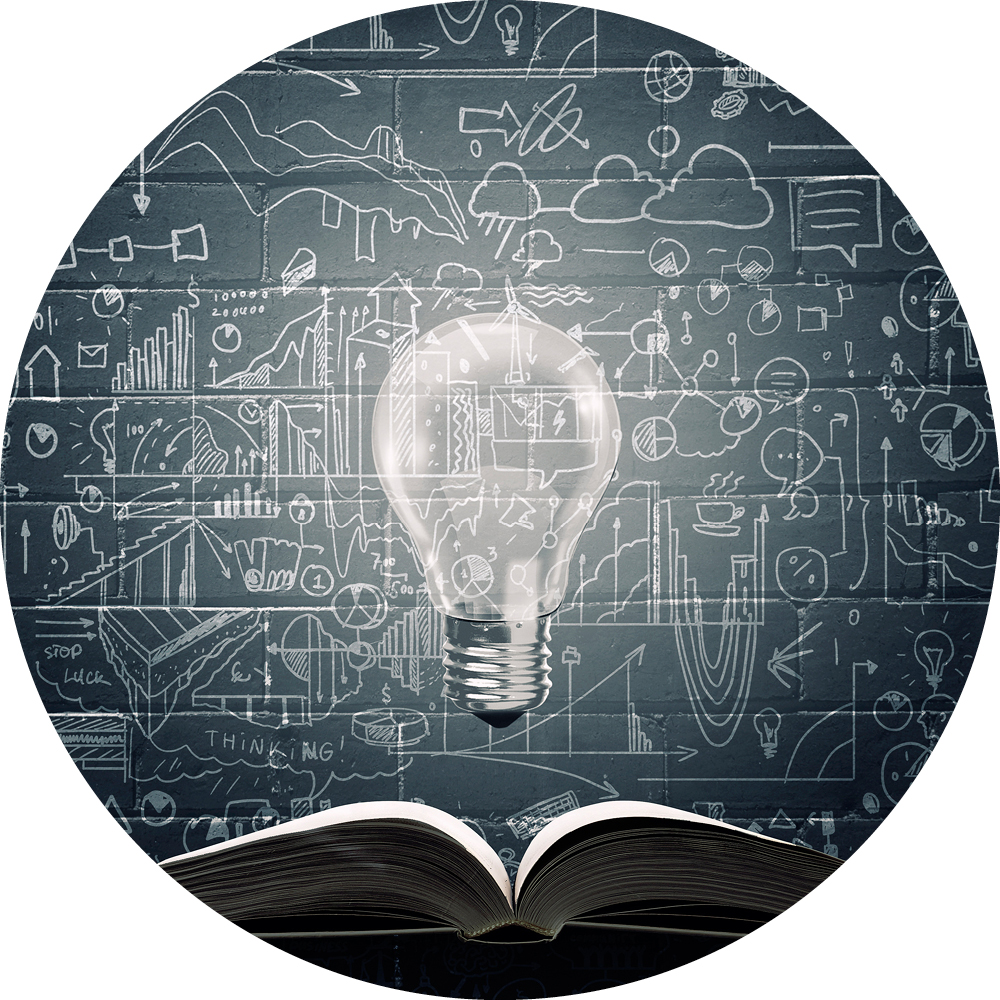
Empowering educators to take a deeper look at the stories told in our schools and to re-imagine them in transformative and
nurturing learning spaces.
Learning Opportunities
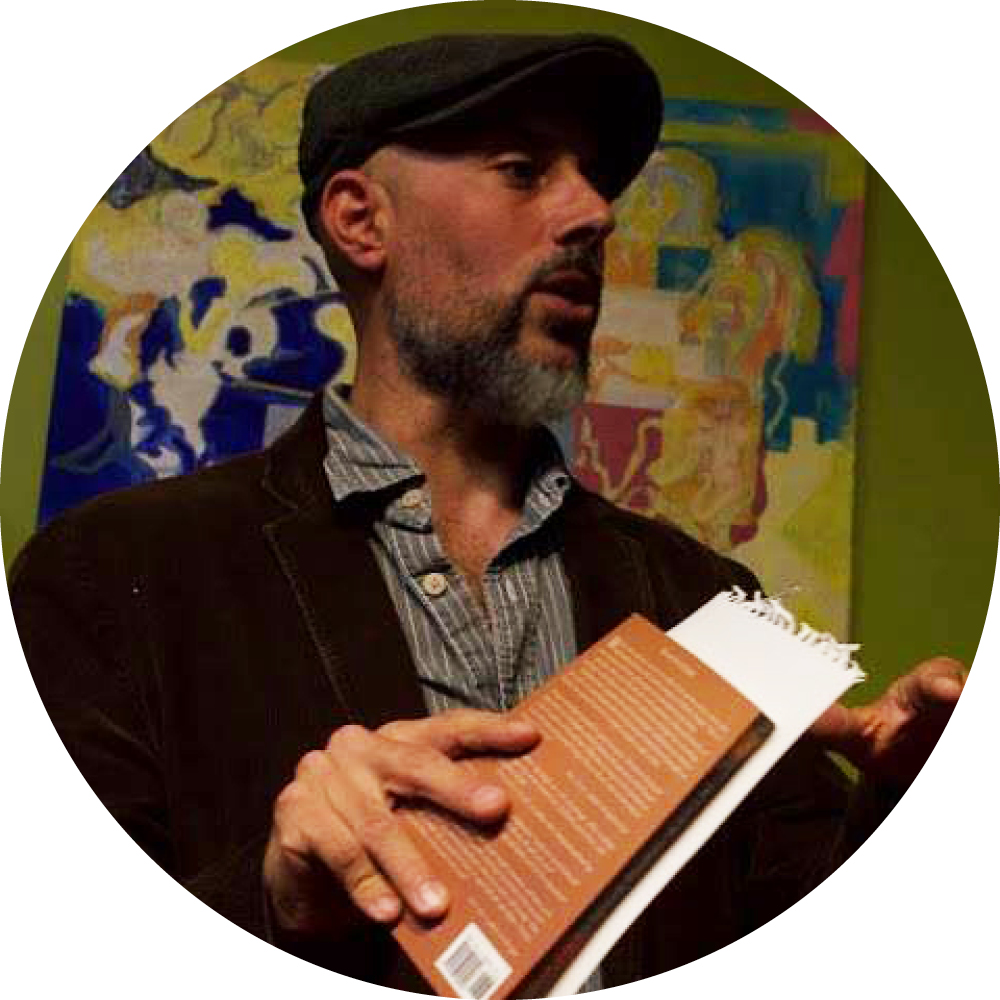
Classes, workshops, and lectures that help to empower people to re-imagine who they are and their place in the world.
CWP
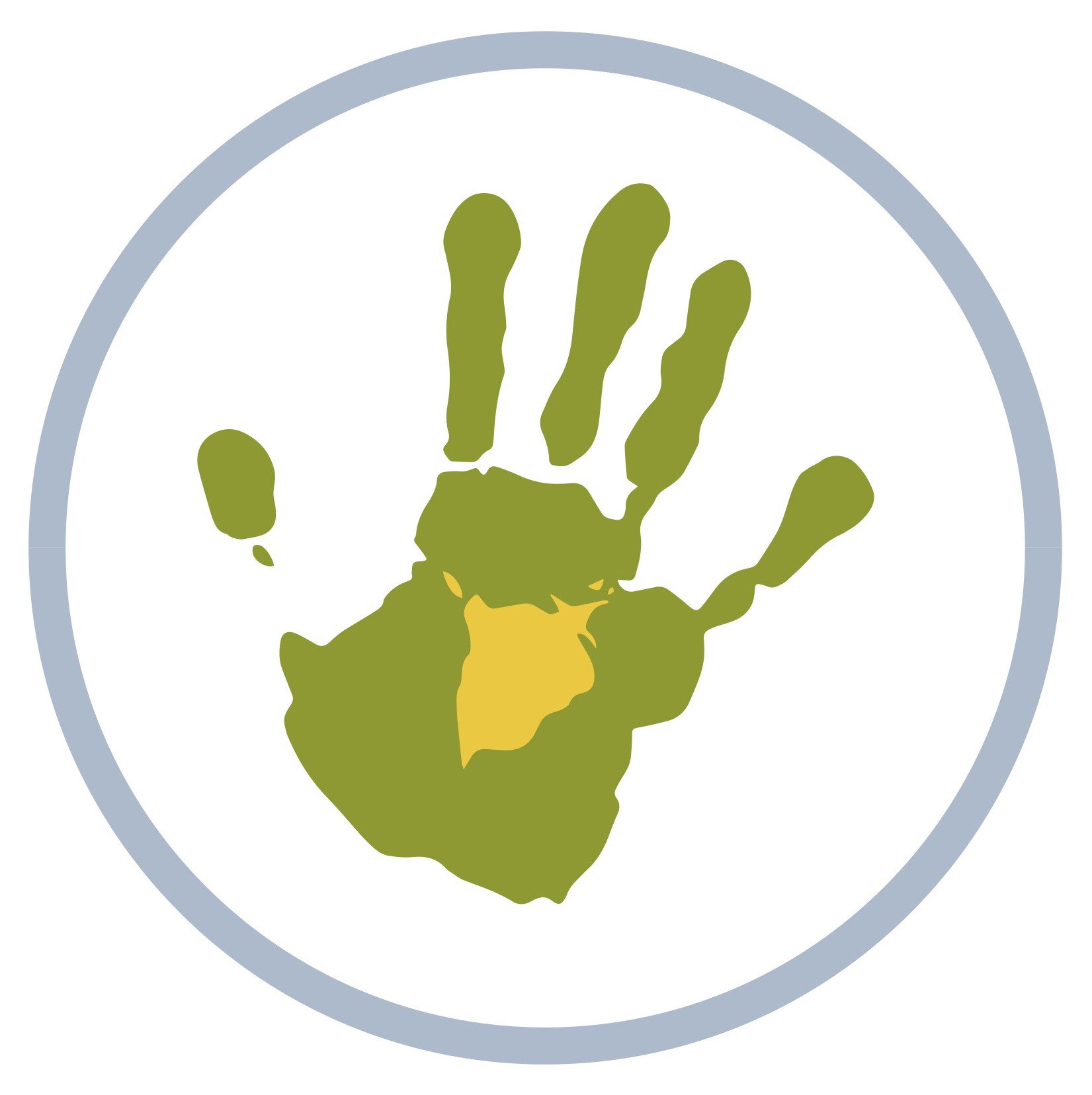
The Chicago Wisdom Project offers a alternative to the industrial and corporate models of education that have become increasingly prevalent in the American educational landscape.

